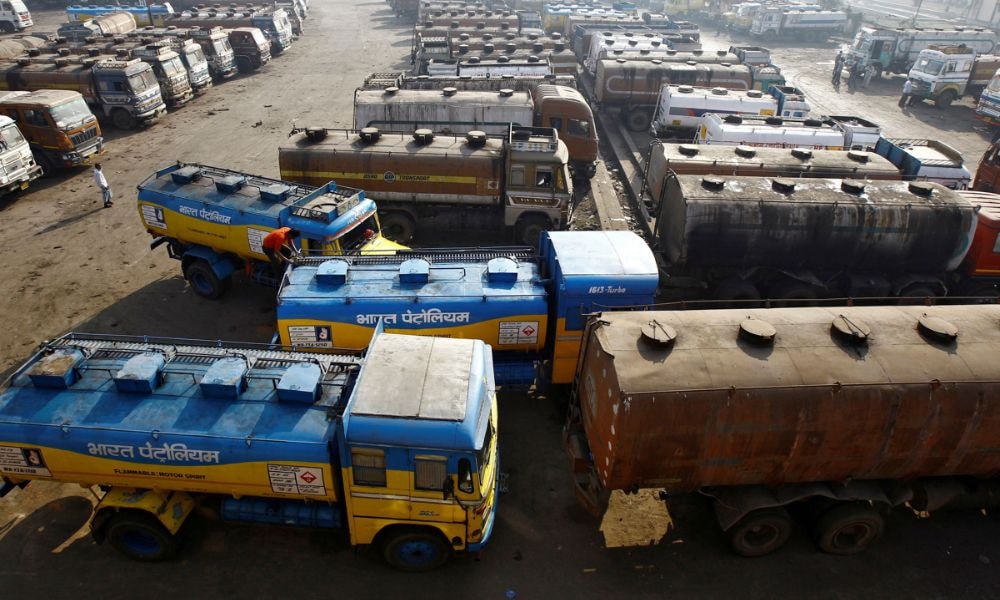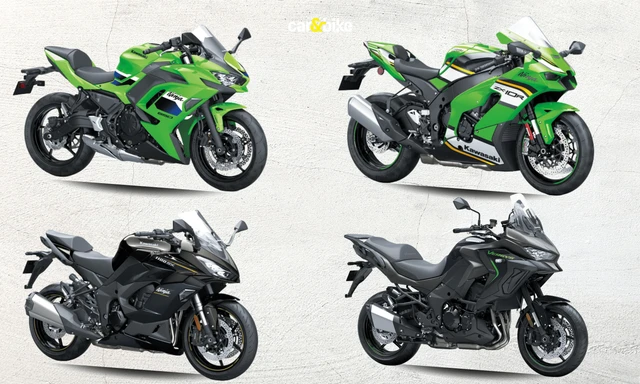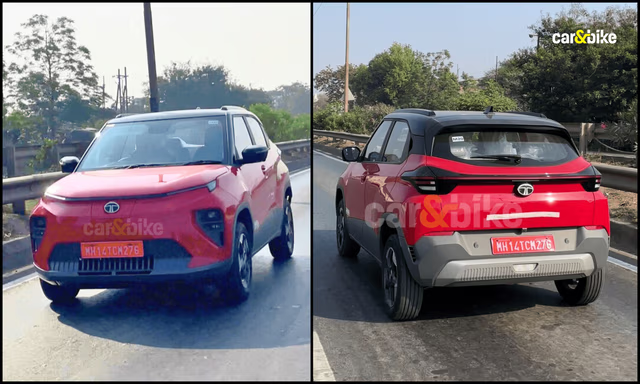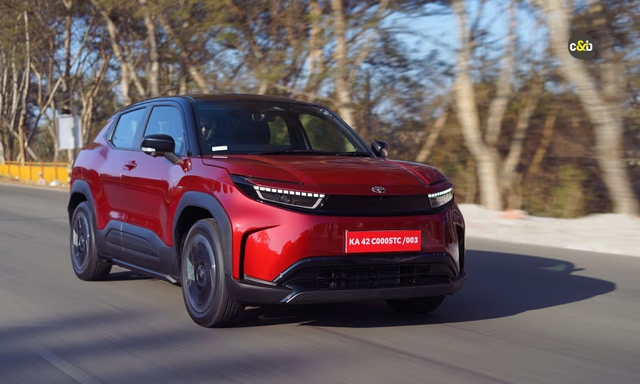India Buys Discounted Venezuelan Petcoke To Replace Coal

Indian companies are importing significant volumes of petroleum coke from Venezuela for the first time, trade sources and shipping data show, as the OPEC nation boosts exports not specifically targeted by U.S. sanctions.
India's growing appetite for Venezuela's petcoke – a byproduct from oil upgrading and an alternative to coal - is being driven by a scramble for inexpensive fuel to power industries as global coal prices have surged.
This could boost cash flow for the South American producer, where state and private companies have increased exports of petrochemicals and oil byproducts, and the more competitively-priced Venezuelan supplies could displace cargoes from traditional suppliers.
Indian cement companies imported at least four cargoes carrying 160,000 tonnes of petroleum coke from April to July, according to three trade sources, Refinitiv shiptracking data and Venezuelan shipping schedules.
Another 50,000-tonne cargo is expected to reach the port of Mangalore on India's south western coast in the coming days while a 30,000-tonne shipment is scheduled to depart later in August, the data showed.
India, which counts the United States and Saudi Arabia as major petcoke suppliers, received its first ever cargo from Venezuela in the beginning of 2022, according to two of the sources and the documents.
A surge in global coal prices to record highs since the Russia-Ukraine war has pushed Indian cement makers including JSW Cement, Ramco Cements Ltd and Orient Cement Ltd to import petcoke from Venezuela, trade sources said.
"The quality of petcoke is very good and it has very low sulphur," Ramco Cements Chief Financial Officer S. Vaithiyanathan said, adding the downside is that the cargoes take nearly 50 days to arrive in India.
Ramco Cements booked two 50,000-tonne cargoes of Venezuelan petcoke, which were delivered in June and July at a discount of $15-20 per tonne to the market price, Vaithiyanathan said.
Ramco paid $214.40 and $221 per tonne for the June and July cargoes, respectively, while Orient imported about 28,300 tonnes in April for $220 per tonne, Indian customs documents reviewed by Reuters showed.
JSW Cement imported over 30,000 tonnes in June, according to two trade sources, ship tracking data and customs documents.
JSW Cement and Orient did not immediately reply to requests for comment.
SUPPLIERS
The petcoke cargoes were shipped in April-July by Shimsupa GmBH, a Germany-headquartered scrap trading firm, which has an exclusive arrangement with Switzerland-based Maroil Trading to supply Venezuelan petcoke to India, China, Pakistan and Turkey.
"We are exclusive partners of Maroil Trading AG and have all necessary approvals of OFAC and the German government," Annamalai Subbiah, who owns 100% of Shimsupa, told Reuters.
Annamalai confirmed supplying Venezuelan petcoke cargoes for Ramco, Orient and JSW Cement.
The cargoes were shipped from Venezuela's main oil terminal of Jose, according to the sources and documents. Maroil has in recent years revamped petcoke operations to increase export capacity.
Maroil, owned by Venezuela-born shipping magnate Wilmer Ruperti, did not immediately reply to a request for comment. The U.S. Treasury Department, which has so far not targeted Venezuelan exports of petrochemicals and byproducts, declined to comment.
Venezuela's oil sector has been under U.S. sanctions since 2019. Washington imposed sanctions on the country's most important global business as the former Trump administration ratcheted up its bid to force socialist president Nicolas Maduro out of power.
Higher Venezuelan supplies have weighed on global prices this year, according to petcoke traders in Houston.
"Those extra supplies have had an impact on the global market," one of the traders said. "They are increasing the offer and diversifying Venezuelan cargoes' destinations."
Venezuelan petcoke is being offered at discounts of 5-10% to petcoke from the United States, Indian traders and cement company officials said.
A tonne of petcoke is more expensive than coal, but produces more energy when burnt. It is generally not used as fuel because of toxic emissions, but is widely used by the cement industry - its largest consumer, as sulphur dioxide emissions are absorbed by limestone.
Latest News
 car&bike Team | Feb 14, 2026Kawasaki Ninja, Versys Models Available With Discounts Of Up To Rs 2.50 LakhThe highest discount is being offered on the Ninja ZX-10R, followed by the Ninja 1100 SX and ZX-6R models.2 mins read
car&bike Team | Feb 14, 2026Kawasaki Ninja, Versys Models Available With Discounts Of Up To Rs 2.50 LakhThe highest discount is being offered on the Ninja ZX-10R, followed by the Ninja 1100 SX and ZX-6R models.2 mins read car&bike Team | Feb 14, 2026Vespa Officina 8 Launched At Rs 1.34 LakhThe Officina 8 takes inspiration from Piaggio’s historic experimental workshop in Pontedera, Italy.1 min read
car&bike Team | Feb 14, 2026Vespa Officina 8 Launched At Rs 1.34 LakhThe Officina 8 takes inspiration from Piaggio’s historic experimental workshop in Pontedera, Italy.1 min read Bilal Firfiray | Feb 12, 2026MG Majestor vs MG Gloster: What’s New, What’s Different?MG Majestor replaces the Gloster as MG’s new flagship SUV for 2026. Here’s a detailed comparison between the two.4 mins read
Bilal Firfiray | Feb 12, 2026MG Majestor vs MG Gloster: What’s New, What’s Different?MG Majestor replaces the Gloster as MG’s new flagship SUV for 2026. Here’s a detailed comparison between the two.4 mins read car&bike Team | Feb 12, 20262026 MG Majestor: Variants, Features, Specifications ExplainedThe Majestor will be offered in two key trim levels including Sharp and Savvy and in both two-wheel and four-wheel drive variants.2 mins read
car&bike Team | Feb 12, 20262026 MG Majestor: Variants, Features, Specifications ExplainedThe Majestor will be offered in two key trim levels including Sharp and Savvy and in both two-wheel and four-wheel drive variants.2 mins read car&bike Team | Feb 12, 20262026 MG Majestor SUV: In PicturesAlong with the new positioning, the SUV features a heavily updated design and styling; here’s a detailed look at it in pictures.1 min read
car&bike Team | Feb 12, 20262026 MG Majestor SUV: In PicturesAlong with the new positioning, the SUV features a heavily updated design and styling; here’s a detailed look at it in pictures.1 min read car&bike Team | Feb 12, 2026Tata Punch EV Facelift Spotted Ahead Of February 20 LaunchThe Punch EV facelift appears to be identical to the ICE counterpart.4 mins read
car&bike Team | Feb 12, 2026Tata Punch EV Facelift Spotted Ahead Of February 20 LaunchThe Punch EV facelift appears to be identical to the ICE counterpart.4 mins read
 Bilal Firfiray | Feb 12, 2026BMW X3 30 xDrive M Sport Review: The Driver’s SUV ReturnsRange-toppingX3 30 xDrive M Sport brings back the fun with 255bhp and genuine enthusiast appeal. Does this performance-focused SUV stand out?5 mins read
Bilal Firfiray | Feb 12, 2026BMW X3 30 xDrive M Sport Review: The Driver’s SUV ReturnsRange-toppingX3 30 xDrive M Sport brings back the fun with 255bhp and genuine enthusiast appeal. Does this performance-focused SUV stand out?5 mins read Bilal Firfiray | Feb 11, 2026Mercedes-AMG CLE 53 Coupe Review: The Goldilocks AMG?The Mercedes-AMG CLE 53 Coupe is a concoction of hooliganistic performance and everyday usability. Here’s why this Rs 1.5 crore two-door AMG might be the perfect modern sports coupe for India.6 mins read
Bilal Firfiray | Feb 11, 2026Mercedes-AMG CLE 53 Coupe Review: The Goldilocks AMG?The Mercedes-AMG CLE 53 Coupe is a concoction of hooliganistic performance and everyday usability. Here’s why this Rs 1.5 crore two-door AMG might be the perfect modern sports coupe for India.6 mins read Girish Karkera | Feb 11, 2026Toyota Ebella EV Review: Compact And Fun-To-Drive With The Promise Of Stress-Free AftersalesNo hiding the fact that it is a clone of the Maruti Suzuki eVitara, but the first all-electric Toyota in India is reasonably well-rounded8 mins read
Girish Karkera | Feb 11, 2026Toyota Ebella EV Review: Compact And Fun-To-Drive With The Promise Of Stress-Free AftersalesNo hiding the fact that it is a clone of the Maruti Suzuki eVitara, but the first all-electric Toyota in India is reasonably well-rounded8 mins read Bilal Firfiray | Feb 10, 2026Tata Punch EV Long Term Review: Small EV With A Big-Hearted PersonalityWith the new Punch EV Facelift just around the corner, we decided to take a look at what it excels at and what could be improved.7 mins read
Bilal Firfiray | Feb 10, 2026Tata Punch EV Long Term Review: Small EV With A Big-Hearted PersonalityWith the new Punch EV Facelift just around the corner, we decided to take a look at what it excels at and what could be improved.7 mins read Bilal Firfiray | Feb 4, 2026Volkswagen Tayron R-Line Review: Sensible Flagship For IndiaVolkswagen has introduced a made-in-India flagship SUV that offers space, comfort, performance, and German driving finesse in a practical three-row package. But is the Tayron R-Line good enough?6 mins read
Bilal Firfiray | Feb 4, 2026Volkswagen Tayron R-Line Review: Sensible Flagship For IndiaVolkswagen has introduced a made-in-India flagship SUV that offers space, comfort, performance, and German driving finesse in a practical three-row package. But is the Tayron R-Line good enough?6 mins read




























































































































